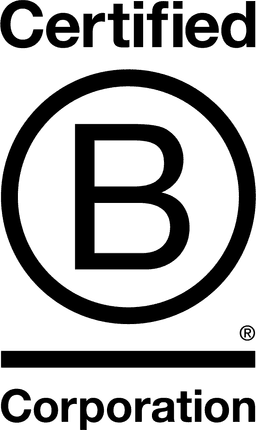

GEISA Fabrics SLU

1.6
Catalonia, Spain
June 2025
Textiles
Manufacturing
Austria,
Belgium,
Bulgaria,
Czech Republic,
Denmark,
Dominican Republic,
Estonia,
Finland,
France,
Germany,
Greece,
Italy,
Latvia,
Lithuania,
Netherlands The,
Poland,
Portugal,
Romania,
Spain,
Sweden,
Tunisia,
United Kingdom,
United States
We are a family-owned company with over 60 years of history, committed to our people, the environment, and innovation. Since our beginnings, we have maintained a strong purpose: to always stay at the forefront of technology in fabric manufacturing, knitting today the industry of tomorrow. The trajectory of Geisa Fabrics has established us as a benchmark brand in the production of high-quality, sustainable technical fabrics, with a strong commitment to ESG criteria. We are located in Viladecavalls and Burgos (Spain), a region with one of the oldest textile traditions in the country. From here, our fabrics reach industrial clients around the world, meeting the highest technical standards in sectors sin sectors such as workwear, security and defense, footwear and fashion, and upholstery, orthopedics, healthcare, and sports. Our strengths: Innovation and strategic design, full manufacturing within the European Union and local partnerships, a company culture based on caring for people, and a customer-oriented approach. Our commitments: Excellent quality, genuine sustainability, competitive pricing, environmental responsibility, and the generation of economic and social progress.
Overall B Impact Score
Governance 17.9
Governance evaluates a company's overall mission, engagement around its social/environmental impact, ethics, and transparency. This section also evaluates the ability of a company to protect their mission and formally consider stakeholders in decision making through their corporate structure (e.g. benefit corporation) or corporate governing documents.
What is this? A company with an Impact Business Model is intentionally designed to create a specific positive outcome for one of its stakeholders - such as workers, community, environment, or customers.
Workers 18.2
Workers evaluates a company’s contributions to its employees’ financial security, health & safety, wellness, career development, and engagement & satisfaction. In addition, this section recognizes business models designed to benefit workers, such as companies that are at least 40% owned by non-executive employees and those that have workforce development programs to support individuals with barriers to employment.
Community 13.3
Community evaluates a company’s engagement with and impact on the communities in which it operates, hires from, and sources from. Topics include diversity, equity & inclusion, economic impact, civic engagement, charitable giving, and supply chain management. In addition, this section recognizes business models that are designed to address specific community-oriented problems, such as poverty alleviation through fair trade sourcing or distribution via microenterprises, producer cooperative models, locally focused economic development, and formal charitable giving commitments.
Environment 47.3
Environment evaluates a company’s overall environmental management practices as well as its impact on the air, climate, water, land, and biodiversity. This includes the direct impact of a company’s operations and, when applicable its supply chain and distribution channels. This section also recognizes companies with environmentally innovative production processes and those that sell products or services that have a positive environmental impact. Some examples might include products and services that create renewable energy, reduce consumption or waste, conserve land or wildlife, provide less toxic alternatives to the market, or educate people about environmental problems.
What is this? A company with an Impact Business Model is intentionally designed to create a specific positive outcome for one of its stakeholders - such as workers, community, environment, or customers.
Customers 2.4
Customers evaluates a company’s stewardship of its customers through the quality of its products and services, ethical marketing, data privacy and security, and feedback channels. In addition, this section recognizes products or services that are designed to address a particular social problem for or through its customers, such as health or educational products, arts & media products, serving underserved customers/clients, and services that improve the social impact of other businesses or organizations.